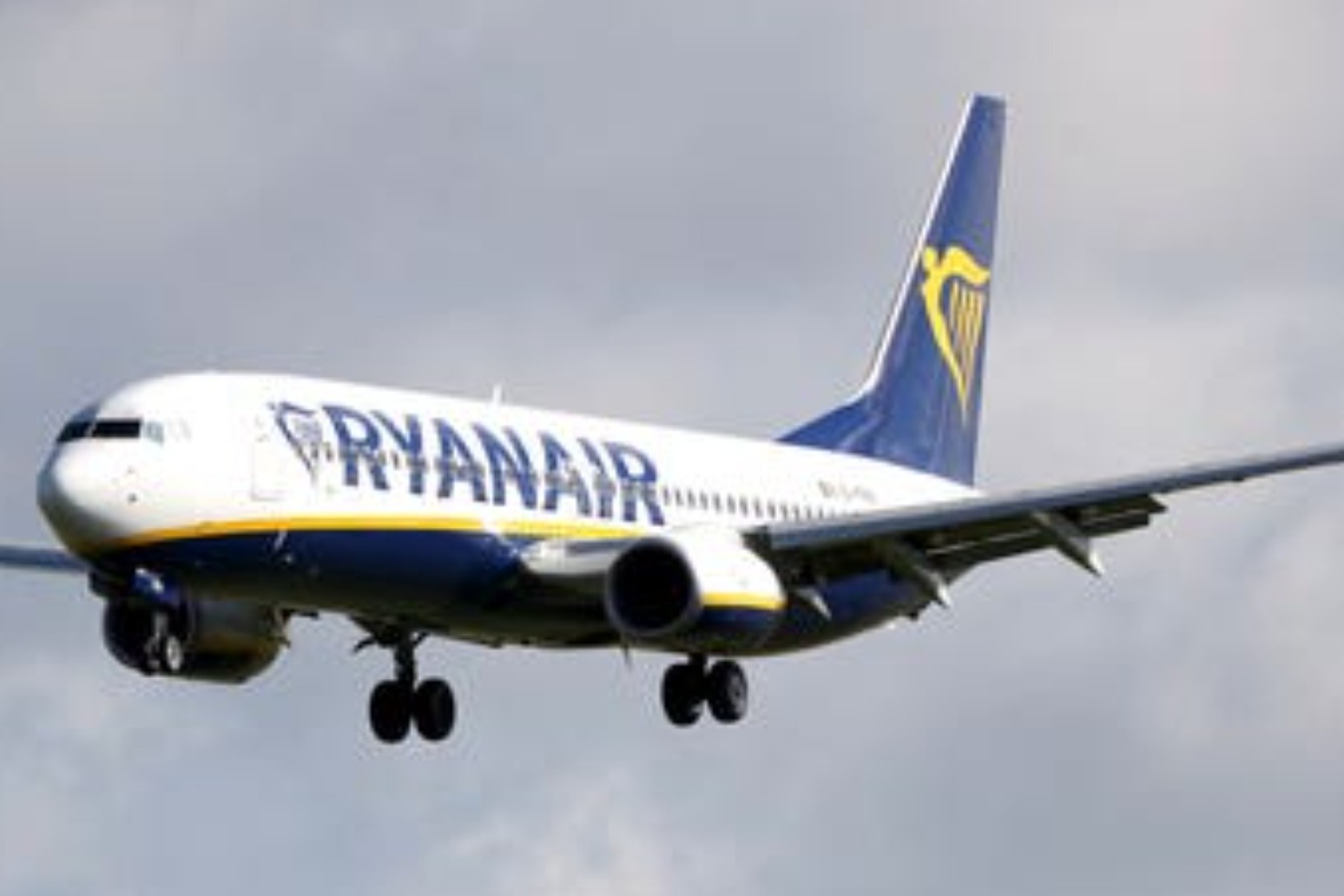
What are the new travel rules and how do they affect passengers?
All travel corridors will be scrapped from Monday in an attempt to curb coronavirus cases, the Government has announced. The new measures come after a travel ban was announced on arrivals from South America, Portugal and Cape Verde due to the emergence of a new variant in Brazil.
Here the we look at the new travel rules and what they mean for passengers.
– What has happened to the travel corridors?
The travel corridors will be scrapped from 4am on January 18 to “protect against the risk of as yet unidentified new strains” of coronavirus, Prime Minister Boris Johnson has said.
The new policy means arrivals from every destination will need to self-isolate for 10 days, or receive a negative result from a coronavirus test taken at least five days after they enter the UK.
The previous travel corridors exempted arrivals from having to complete the isolation period on return to the UK.
– Do I need to get a negative test if I want to come back to the UK?
In addition to the travel corridors being dropped, from Monday January 18, all arrivals into England – including British citizens – must test negative for Covid up to 72 hours before leaving the country of departure.
Travellers will need to present proof of a negative test result to their carrier on boarding, while the UK Border Force will conduct spot checks on arrivals.
New arrivals who flout the rules will face a minimum £500 fine while the operator who transported them will also be fined.
Passengers will still have to quarantine for 10 days regardless of their test results, or receive a negative result from a coronavirus test taken at least five days after they enter the UK.
There are limited exemptions, including hauliers, young children, train crew and people arriving from countries which do not have the infrastructure for testing.
Travellers will have to take an internationally approved test, and guidance released by the Department for Transport said they could include PCR tests, nasal and throat swab tests, which take between 12 and 24 hours to return results.
Loop-mediated isothermal amplification (Lamp) tests, which can return results in two to three hours, and lateral flow tests, which generate results in less than 30 minutes, are also acceptable.
Results can be produced as physical documents or by email or text but must be in English, French or Spanish. Translations will not be accepted.
Scotland and Wales have adopted similar policies.
– Can I travel abroad at all?
Current lockdown restrictions dictate that people must stay at home and holidays are not allowed in the UK or elsewhere.
Limited exemptions such as travelling for work reasons are still permitted, but passengers will need to self-isolate for 10 days on their return and show a negative Covid test result.
Arrivals into England who do not self-isolate can face fines between £1,000 and £10,000.
In Scotland, fines are up to £480 and in Wales they vary from £500-£4,000.
– Which countries are subject to travel bans?
Travel to and from all of South America, Portugal and Cape Verde was banned from 4am on Friday.
British and Irish nationals as well as people with residency rights will be exempt, but will have to self-isolate for 10 days with their household on returning from any countries on the banned list.
A similar travel ban was put into place for South Africa last month, and later neighbouring nations after scientists identified another new variant.
Since December 23, entry into England has been banned for people arriving from South Africa, apart from British nationals or residents who have been subject to an isolation period.
On January 9, the same rules were applied to Namibia, Zimbabwe, Botswana, Eswatini, Zambia, Malawi, Lesotho, Mozambique and Angola, as well as Seychelles and Mauritius.
Published: by Radio NewsHub